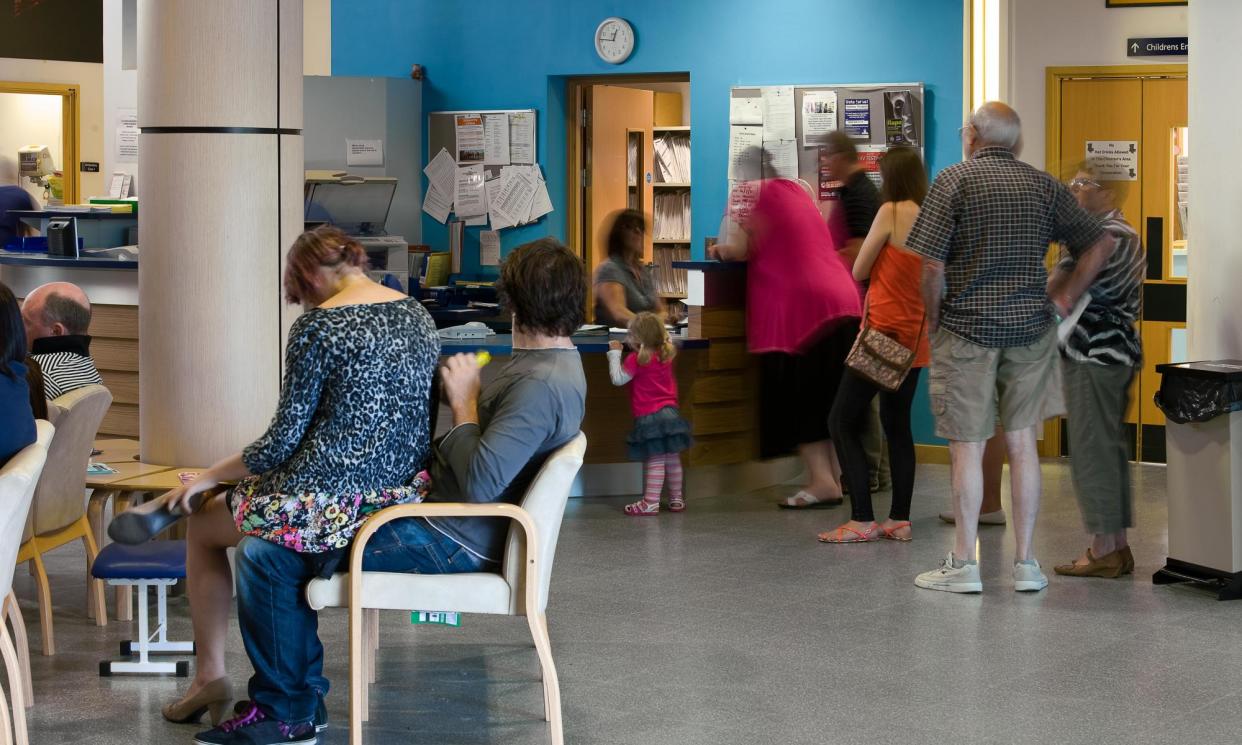Lord Darzi’s report into the NHS is just the start

When Tony Blair was elected in 1997, it was on a platform of “saving the NHS”. He assured us that it must change or die. Then followed Labour’s agenda for change, bringing in private healthcare to take some of the burden from a struggling NHS, which was only struggling because of repeated years of underfunding.
The Darzi report clearly shows that the NHS is still struggling due to underfunding from successive governments, yet Keir Starmer’s response is to fling that straight back at the NHS and blame it, now with the line “reform or die” (Darzi review says the NHS is in a critical condition but sets out a treatment plan, 11 September). It didn’t need “change” then, it doesn’t need “reform” now. It needs adequate funding and to stop the millions of pounds being diverted to private healthcare, paying the money instead into the coffers of the public NHS.
The problem with this of course is that it would be a tacit admission that capitalism, privatising public bodies “for their own good”, was only ever good for rich people’s bank accounts, and therefore a lie. This will never happen.
Pete Lavender
Woodthorpe, Nottinghamshire
• Lord Darzi’s NHS treatment plan is a welcome one. I am particularly thankful that he placed emphasis on the variable quality of maternity services and inequalities in maternal outcomes. The investigation was wide-ranging, with one notable and concerning absence – any mention or assessment of gynaecological services. There may have been an assumption that the existing Women’s Health Strategy covered this, but that wasn’t developed on the back of a thorough review of NHS gynaecological services, rather a call for evidence.
Research has found that the strategy failed to capture data regarding sexual orientation and struggled to achieve sufficient representation with ethnic minority, LGBTQ+ and vulnerable groups. So there are only limited conclusions that we can draw from its findings.
The women’s health hubs, while good in concept, lack consistency in definition, staffing, application and funding. Unless they are designed to meet local needs and made accessible to disadvantaged populations, they could lead to a widening of health inequalities.
Prof Geeta Nargund
Senior NHS consultant; Founder, Create Health Foundation
• Most clinicians and NHS leaders will welcome the Darzi report. Many of us are eager to support the bold transformation in healthcare that is required. But it is not only the NHS that must change – the government must too. We must end the politically driven ambition of hitting a target – often delivered by hook or by crook – and missing the point. The most glaring omission of this report is in its remit to exclude social care. Everyone knows that it and health are inextricably linked. Is it because the government has no funded plan for social care?
Until we acknowledge that the NHS’s woes are a manifestation of a greater ill – our failure to address uncomfortable truths such as the Treasury’s inability to support public sector investment – we will not achieve serious, sustainable improvements in any of our public services.
Dr Karl Brennan
Sheffield
• The secret consultant writes many reasonable things about the Darzi report (Noble visions have been proposed for the NHS before. Will this time be different?, 13 September). But the most essential factor is: “Our staff have remained tired, disengaged and fed up”. No amount of reorganisation, new IT or strategic shuffling of income streams can improve patient care until NHS staff feel respected and cared for.
Woody Caan
Retired professor of public health, Duxford, Cambridgeshire
• Have an opinion on anything you’ve read in the Guardian today? Please email us your letter and it will be considered for publication in our letters section.


